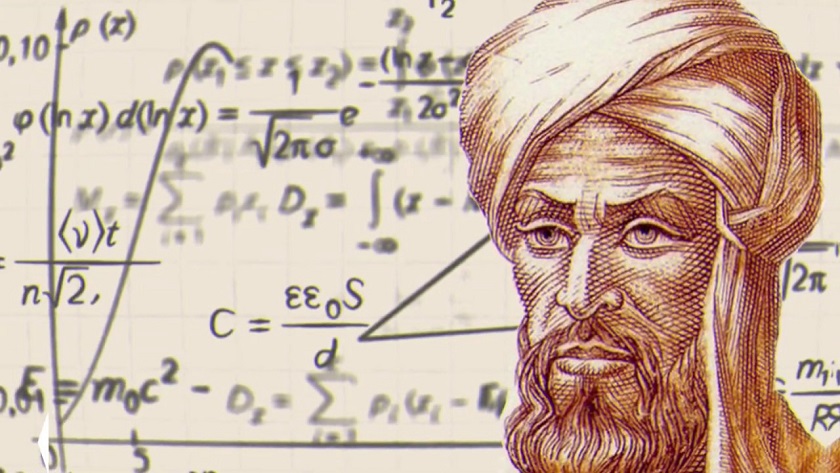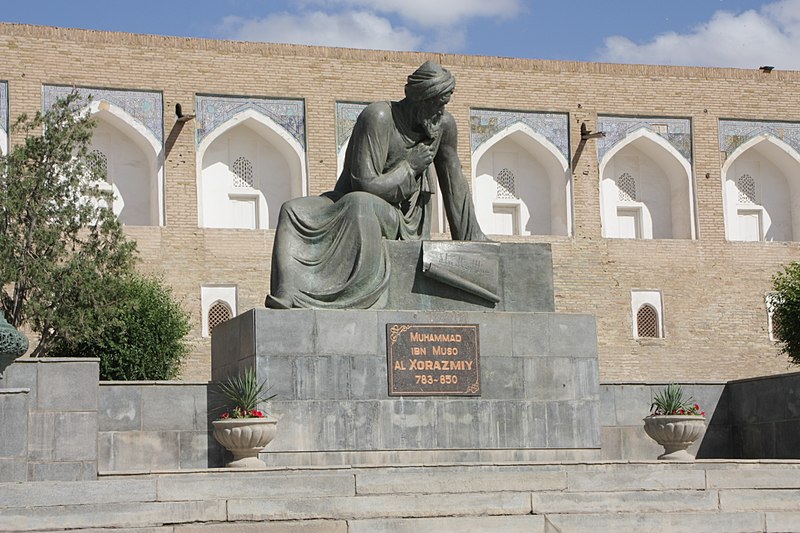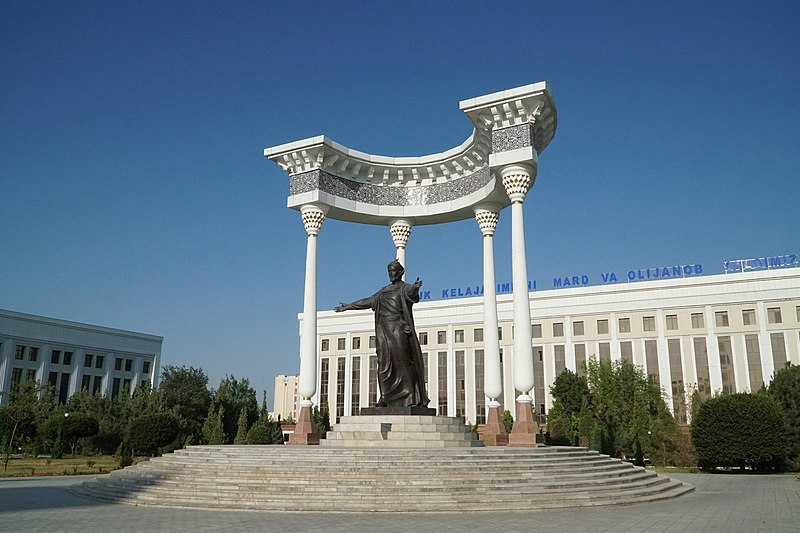Iran Press/ Iran news: Muḥammad ibn Musa al-Khwarizmi (780c-850c) was a Muslim mathematician and astronomer, who made significant contributions within the mathematical field, through his algebraic understanding he managed to revolutionize the way the world processed equations. He was born in a Persian family, but due to the proliferation of the Arabic language, all his work was in Arabic.
 al-Khwarizmi is founder of modern day algorithm
al-Khwarizmi is founder of modern day algorithm
Biography
It is unclear exactly where or whenal-Khwarizmi was born. His name suggests he was born in Khwarizm, a place south of the Aral Sea in central Asia, in about 780. However, it was originally thought that the historian al-Tabari knew al-Khwarizmi had a second epithet “al-Qutrubbulli”, indicating he came from Qutrubbull near Baghdad in modern day Iraq.
Related Article: Mulla Sadra; What Iran is known for
Al-Khwārizmī worked with a group of scholars known as the Banu Musa, a group of brothers who were Islamic mathematicians, at the House of Wisdom, faounded by Caliph al-Ma’mun. Here, he worked for Caliph al-Ma’mun, translating Greek scientific manuscripts while studying and writing on algebra, geometry, and astronomy. His positions in the “House of Wisdom” and with the Caliph gave him support for his work.
 Manuscript attributed to Khwarizmi
Manuscript attributed to Khwarizmi
Scientific contribution
Al-Khwarizmi's works comprise of development of Algebra, geometric solutions, degree measurements, and trigonometric tables. The term algorithm is derived from this great mathematician’s name. His works on Algebra provided strong roots to this subject. His fundamental work entitled “The Book of Summary in the Process of Calculation for Compulsion and Equation” (Al-Kitab al-Mukhtasar fi Hisab al-Jabr wa’l-Muqabala) paved the way for establishment of mathematical branch of Algebra.
In this book of Al-Khawarazmi, for the first time the Arabic term of al-jabr meaning compulsion and also restoration was used. This Arabic term al-jabr used by al-Khawarazmi gave origin to the English/Latin word Algebra.
 Al-Khwarizmi sculpture in Khiva
Al-Khwarizmi sculpture in Khiva
Apart from mathematics, al-Khwarizmi also contributed in the sciences of Geography, History, and Astronomy. “His book on geography entitled Kitâb Sûrat al-Ard (Book of the Image of the Earth) consists almost entirely of lists of longitudes as well as latitudes of localities and gives in a tabulated form the coordinates of the places such as cities, mountains, seas, rivers and islands. The book is arranged according to the Greek system of the seven climes (aqalim) giving contemporary data but the knowledge acquired by other Muslims is also incorporated into it.
 Al-Khwarizmi sculpture in Khiva
Al-Khwarizmi sculpture in Khiva
Significant legacy
George Sarton, the author of “An Introduction to the History of Science,” regards al-Khawarizmi as “one of the founders of analysis or Algebra as distinct from Geometry.” According to George Sarton: “During the thirteenth century, trigonometrical progress was entirely due to Muslim efforts.” Al-Khawarizmi extended the Indian number system and placed the zero as a placeholder in positional base notation.
Related Article: Avicenna; What Iran is known for
The Islamic sciences developed owing to the civilization’s open-ness to the achievements of other civilizations, especially the sciences in Persia, India, and ancient Greece. The translation movementencouraged by Muslim rulers played a significant role, and the Islamic sciences went on to influence the Renaissance.”, and this openness is very much evident in the writings of al-Khwarizmi. As a great lover of knowledge, he acknowledges the contributions of other nations.
 Statue of Muhammad ibn Musa al-Khwarizmi in Urgench
Statue of Muhammad ibn Musa al-Khwarizmi in Urgench
Modern Day Algorithm: Computer age
For Western civilization, al-Khwarizmi’s most important book was Concerning the Hindu Art of Reckoning, which was translated into Latin three centuries after its composition. Al-Khwarizmi’s Latinized name “Algoritmi” gave rise to the word algorismus, which at first referred to the decimal number system and much later came to mean “a set of step-by-step rules for solving a problem.”
It was Enigma codebreaker Alan Turing who “worked out how, in theory, a machine could follow algorithmic instructions and solve complex mathematics. This was the birth of the computer age.” Now, much further into the computer age, algorithms “are helping us to get from A to B, driving internet searches, making recommendations of things for us to buy, watch, or share.”
Read More:
Razi; What Iran is known for
Al-Biruni; What Iran is known for
Attar of Nishapur; What Iran is known for
Ashkan Salehian

